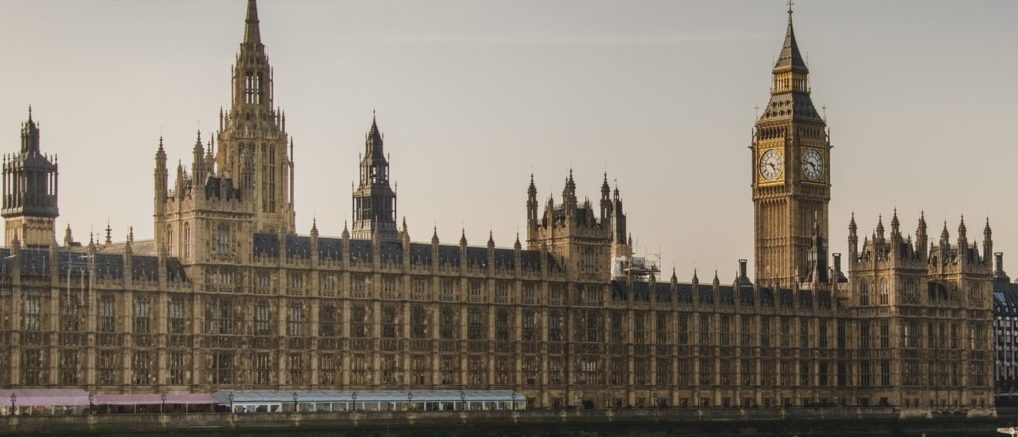2019 General Election: A Worrying Realignment
In the 2019 General Election, Boris Johnson won an impressive majority collecting the lion’s share of seats in Parliament, with 365. Johnson successfully carved through Labour’s ‘red wall’ of Northern seats, reducing it to rubble against a blue ocean of Conservative MPs. The Labour Party suffered their worst result since 1935. Such a realignment has been attributed to the working class vote collapsing in these areas, due to the success of Johnson’s Brexit message, and dissatisfaction with the Labour leadership.
This election clearly mattered because it secured Brexit, but this election proved more than this, delivering a realignment that is worrying, and quite frankly tragic. This is because I truly believe many working people, in good faith, voted for a leader that promised to make their living standards better for them, but instead this hope will likely not be realised.
This is for two reasons: Firstly, it is widely believed Brexit will not make our country less prosperous. The IFS has already reported the Brexit vote itself has made us up to £66bn poorer. This means that Boris Johnson has built up Brexit as a great thing that will “unleash” Britain’s potential to working people, but Brexit is likely to not deliver better living standards for the country. In short, people have been brought under a fallacy that their living standards are the fault of the European Union, and not Westminster. More importantly, voters have been led to believe that Brexit will help them.
People have been brought under a fallacy that their living standards are the fault of the European Union, and not Westminster
Secondly, the Conservatives have presided over an austerity programme over the last nine years that has hit working people the hardest. The Conservative Party did pledge to increase public spending, particularly on the NHS and law enforcement. Yet, this will not offset the cuts already made to the NHS, education and other services. Therefore, working people in this country have been misled.
These reasons are not meant to generalise, nor patronise voters who in good faith switched to the Conservatives on 12 December about their choices. But clearly, this election showcased the flight of Labour’s traditional base. Labour let down these voters.
Seats like Bassetlaw and Blyth Valley that had majorities well into the 10,000s, having returned Labour MPs since their creations, were lost. How did we let this happen? Let down by globalisation, many working people in this country feel alienated and that’s what this election was about; Brexit as a nationalist revolution against stagnant living standards, and fears regarding immigration.
By uniting the young city-educated with traditional working class towns, Labour can start to build a broad coalition that can win again
Having said this, whether this election shows a permanent change in alignment depends on how well Brexit delivers (reality check: it won’t), and crucially if Boris invests in communities to reverse austerity. Clearly though, Labour needs to lick its wounds and win back its support from working class people but extend its support more broadly also. As defeated Labour MP Caroline Flint states, “Labour cannot simply be a party of big cities and university towns, nor just a party of the young or a party of devoted Remainers. We must be a party of labour”.
Ultimately, students may feel disappointed at this result: 18-24 year olds voted on average 56% for Labour, higher than in Blair’s landslide in 1997. However, it is the older vote that swung this election – Labour only reaped 14% of the vote from over-70s. Therefore, a widening gap between younger and older voters is apparent, and the latter voters wield the most influence.
For the future then, ultimately we must move on from Brexit and the younger generation, who are more liberal than ever, needs to make its voice heard. Instead of getting disillusioned and cynical about this election, we need to realise that students can be part of re-building the Labour Party. By uniting the young city-educated with traditional working class towns, Labour can start to build a broad coalition that can win again.

Comments